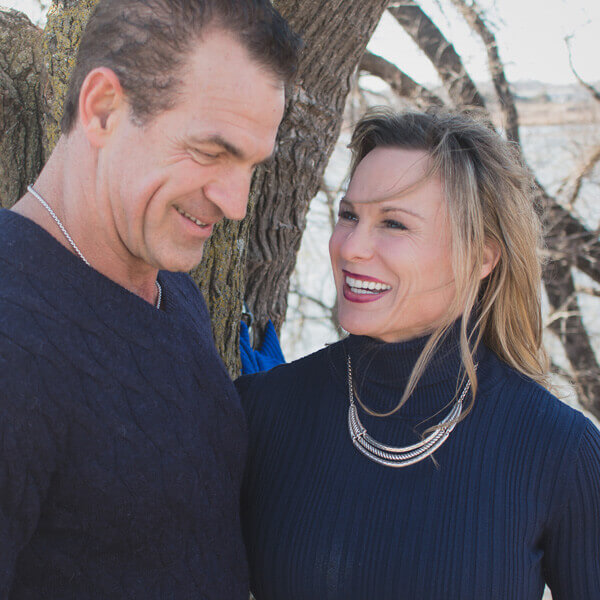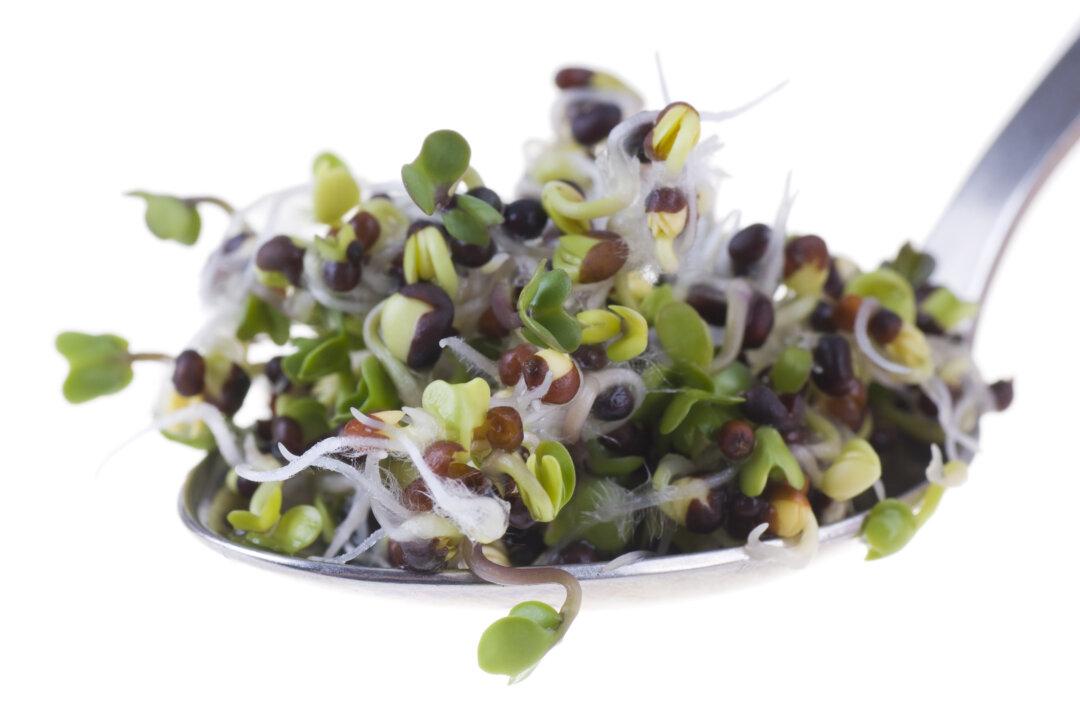When it comes to our eating habits, many of us turn to food for stress relief or as a reward. But take note if your first impulse is to open the refrigerator whenever you’re stressed, upset, lonely, bored, or exhausted. If you’re an emotional eater, you may feel powerless over your food cravings.
Drs. Mark and Michele Sherwood are the founders of a successful medical practice that helps patients from around the world find the health they were created to enjoy. As bestselling authors, podcasters, movie producers, and media personalities, they founded Hope Dealers International to reach beyond their clinic and empower people to take control of their health.
Related Topics






